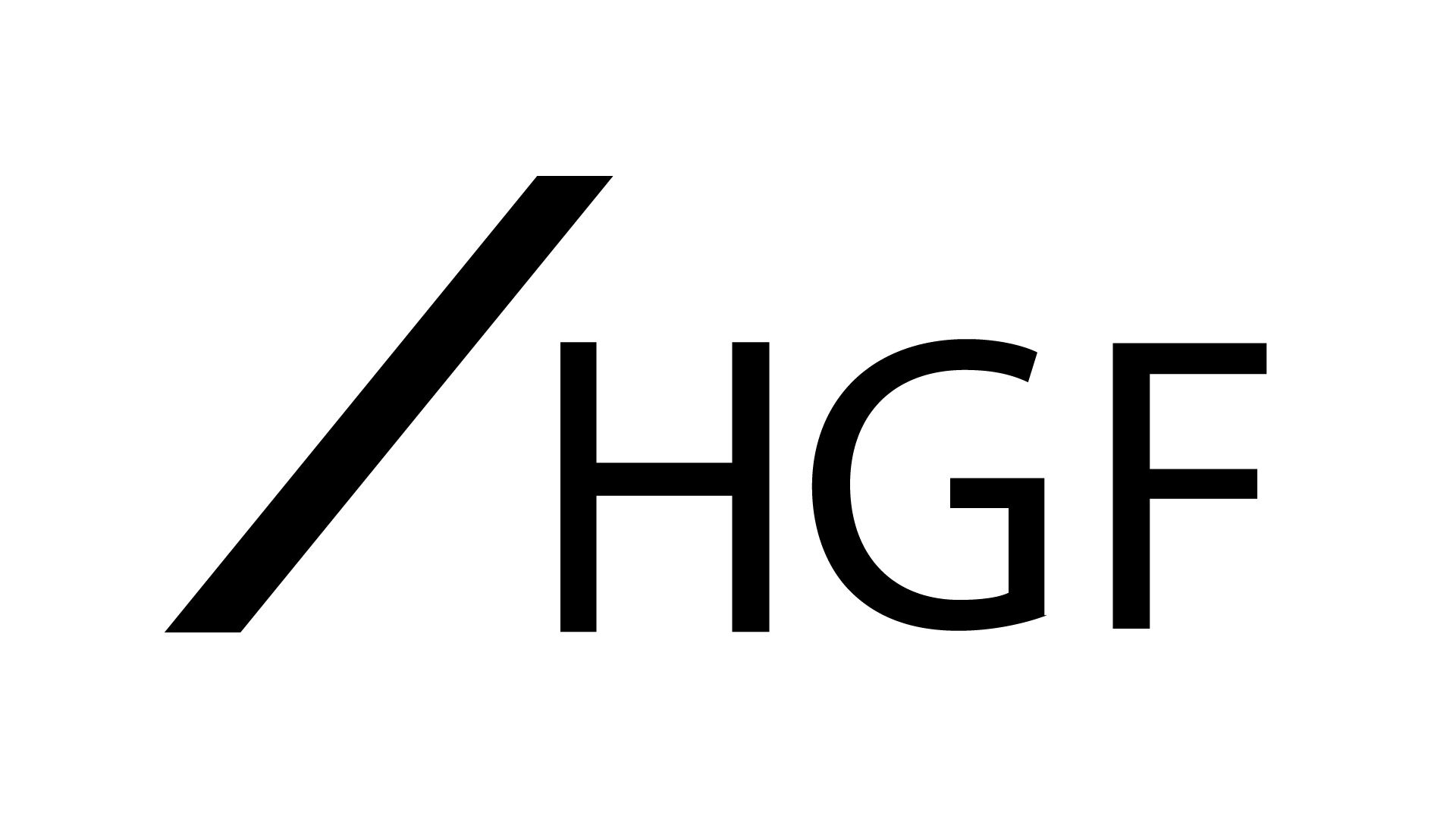News
G2/24: A new referral to the Enlarged Board seeks to clarify whether a third party who intervened during appeal proceedings can acquire full appellant status
December 2024
In the referring decision, T1286/23, the Board of Appeal referred the following questions to the Enlarged Board of Appeal:
After the withdrawal of all appeals, may the proceedings be continued with a third party who intervened during the appeal proceedings? In particular, may the third party acquire an appellant status corresponding to the status of a person entitled to appeal as a party adversely affected by the decision under appeal?
Background
A third party may intervene[1] in opposition proceedings after the opposition period has expired if proceedings for infringement have been instituted against them, or following a request of the patentee to cease alleged infringement, the third party has instituted proceedings for a declaration of non-infringement. An admissible intervention is treated as an opposition. Accordingly, an intervener’s opposition is not constrained by what has already been filed by the other opponents; the intervener is entitled to rely on fresh grounds, facts, evidence, and arguments despite their opposition being filed outside the 9-month opposition period.
The Referral
The present case concerned Foreo’s patent for an oscillating handheld skin cleanser. An opposition was filed by Beurer and, while the opposition was pending, the patentee threatened a third party, Geske, for patent infringement. Geske tried to intervene, but, as threats for infringement did not constitute proceedings for infringement, the intervention failed.
Geske tried again after filing a request for non-infringement at the Dusseldorf District Court. However, although the suit had been initiated, the Opposition Division noted that, under German law, a declaration for non-infringement only became “pending” upon receipt of the action by the defendant. By the time receipt of the action was acknowledged by Foreo some months later, the opposition had concluded with the maintenance of the patent in amended form. However, fortunately for Geske, the opponent (Beurer) appealed, allowing Geske to file an admissible intervention during the appeal.
Beurer, however, withdrew its appeal after issuance of the summons. This drew the validity of Geske’s intervention into question, as the Enlarged Board in G3/04 had already decided that, after withdrawal of the sole appeal, proceedings could not be continued by the intervener. The patentee argued that there were no circumstances to suggest that G3/04 was no longer good law. However, the referring Board disagreed noting that, unlike in common law systems, Enlarged Board of Appeal decisions were only binding on the Board of the referring decision. The referring Board considered a fresh referral to be necessary because the Enlarged Board in G3/04 had taken a purely literal interpretation of the law, without looking at its legislative intent. This was inconsistent with e.g., the travaux préparatoires, which did not appear to limit the status of an intervener to one of a non-appealing opponent but to give the intervener full opponent status. It would be contradictory for a party with full opponent status to lose that status at appeal.
Conclusion
This case is interesting because it seeks to reopen a question already considered by an Enlarged Board. The referring Board also took the opportunity to consider whether the advent of the UPC justified changing the standing of interveners, given that an alternative forum for central revocation was now available. In answering its own question, the referring Board highlighted the advantages in terms of cost and simplicity of EPO appeal procedures compared to court procedures, such as the UPC. In the Board’s view, it could not have been the legislative intent to deprive interveners from the EPO route, since the travaux préparatoires envisaged permitting a party threatened with an infringement action to conduct validity proceedings before the EPO, even where a common court, comparable to the UPC, would also have been available for such actions.
[1] Article 105 EPC
This article was prepared by Partner & Patent Attorney Hsu Min Chung.





























